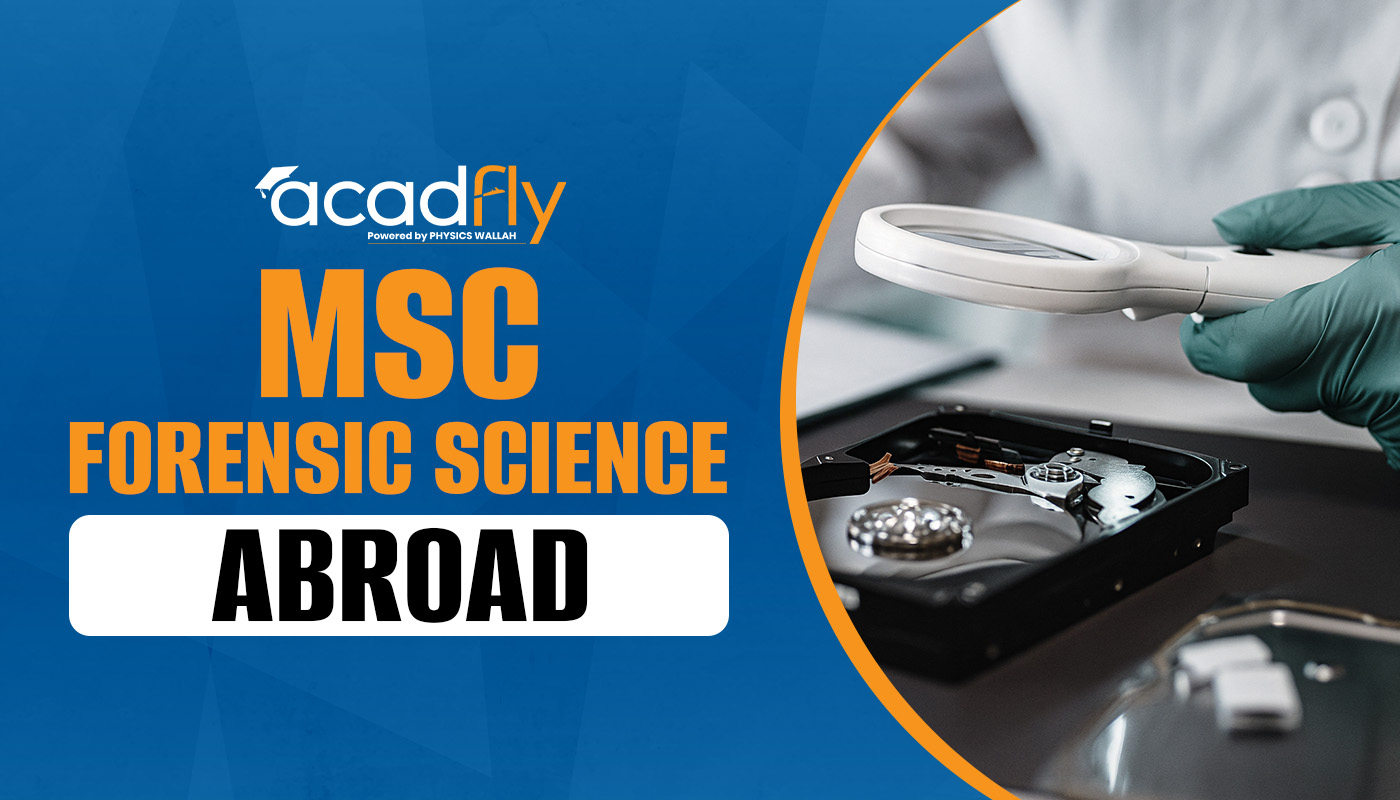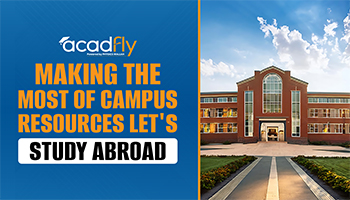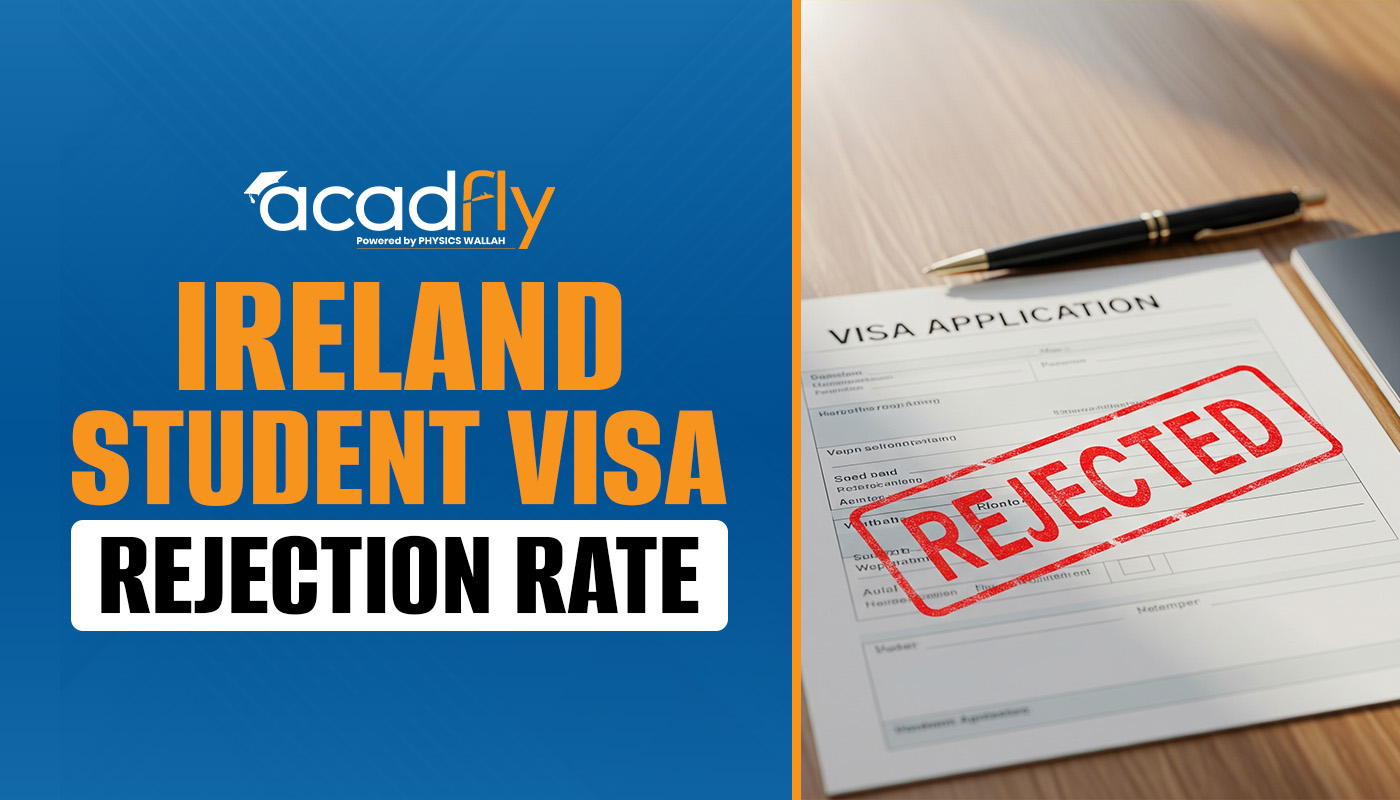
Medical studies in Russia offer an affordable and high-quality education, attracting students from around the world. To pursue MBBS in Russia, students need to understand the language requirements, eligibility criteria, and the admission process. The fees are relatively low compared to other countries, making it an appealing option for many. This article will guide you through the key aspects of studying medicine in Russia, including language, costs, and admission procedures.
MBBS Fees in Russia and Affordability
When considering studying MBBS in Russia, understanding the fees and overall affordability is crucial for international students. The cost of education is significantly lower compared to many Western countries, making it an attractive option for many aspiring doctors. Below are the key points to consider regarding MBBS fees in Russia:
1. Affordable Tuition Fees
MBBS tuition fees in Russia are considerably lower than those in many other countries, making it a budget-friendly option for international students. The fees vary depending on the university and location, but they are generally within a reasonable range for quality education.
2. Cost-Effective Education for International Students
Russia offers cost-effective education for students from all over the world, with many universities offering English-taught MBBS programs. This makes it easier for international students to pursue their medical degree without heavy financial burdens.
3. Scholarship Opportunities
Many Russian universities offer scholarships for international students, which can significantly reduce tuition fees. These scholarships may be merit-based or offered by government initiatives, providing opportunities for students to further reduce their financial costs.
4. Additional Costs to Consider
While tuition fees are affordable, students should also budget for additional expenses such as accommodation, food, and transportation. However, these living expenses are also lower compared to other countries, making it easier for students to manage their finances.
5. Flexible Payment Plans
Russian universities often offer flexible payment plans for students, allowing them to pay in installments over the course of their study. This flexibility helps students manage their finances more effectively while studying abroad.
Russian Language for MBBS: Is it Mandatory?
For international students planning to pursue MBBS in Russia, the question of whether learning Russian is mandatory depends on the language of instruction. While many universities in Russia offer MBBS programs in English, a basic understanding of the Russian language can be highly beneficial.
Although the curriculum is conducted in English for international students, communication with patients during clinical rotations, internships, and hospital practices is often in Russian. Having a grasp of the local language helps students interact with patients, understand medical terminology, and integrate better into the healthcare system.
In some Russian universities, students are required to take Russian language courses as part of their program. These courses are designed to help students develop the language skills needed to communicate effectively in a medical environment.
Even if the classes are in English, proficiency in Russian enhances the overall learning experience and prepares students for real-world medical practice. Therefore, while not strictly mandatory for academic purposes, learning Russian significantly improves both professional opportunities and daily life in Russia.
NEET Eligibility for Russia and Its Importance
NEET (National Eligibility cum Entrance Test) is an important requirement for Indian students wishing to study MBBS in Russia. Understanding the NEET eligibility criteria ensures a smooth admission process and prevents unnecessary complications. Here are the key points regarding NEET eligibility for Russia:
NEET Qualification Requirement
To be eligible for MBBS studies in Russia, Indian students must have qualified NEET. The NEET qualification is mandatory for all Indian students who wish to pursue medical education abroad, including Russia.
Minimum NEET Marks
While there is no specific cutoff for admission to Russian medical universities, students must score the minimum required marks in NEET as per the guidelines set by the Medical Council of India (MCI). A higher NEET score improves chances of getting admission to top universities.
Importance of NEET for Visa Processing
The NEET qualification plays a crucial role in securing a student visa for Russia. The Russian consulate requires proof of NEET qualification before granting a student visa, making it an essential part of the application process for Indian students.
NEET as a Screening Test
NEET acts as a screening test for admission to medical universities in Russia. It ensures that students have a basic level of understanding of subjects like Biology, Physics, and Chemistry, which are essential for their medical education.
Eligibility for MCI Screening Test
After completing their MBBS in Russia, Indian students must qualify the MCI Screening Test (FMGE) to practice medicine in India. A valid NEET score is a prerequisite to appear for the MCI Screening Test, making it an essential step for students intending to return to India and work as doctors.
Admissions in Russian Universities: A Step-by-Step Guide
The admission process for Russian universities involves several steps that students must follow to ensure they meet all the requirements for studying MBBS. Below is a step-by-step guide to help students navigate through the application process:
1. Research and Choose the Right University
The first step is to thoroughly research and select a Russian university that offers an MBBS program in English and is recognized by the Medical Council of India (MCI). Choosing the right university ensures that the course and degree will be valid and internationally recognized.
2. Meet Eligibility Criteria
Once the university is selected, ensure you meet all the eligibility criteria, including educational qualifications (such as completing 12th grade with science subjects) and qualifying NEET. Make sure to check the specific admission requirements for the university you are applying to.
3. Prepare Required Documents
Students need to gather all necessary documents for the application, including their passport, high school certificates, NEET scorecard, medical certificate, and passport-sized photographs. It is important to ensure that these documents are attested and translated into Russian if required by the university.
4. Submit Application Form
After preparing the required documents, submit your application through the university's online portal or through an authorized admission office. Some universities may also require a visa invitation letter, which is usually issued once the application is accepted.
5. Visa and Travel Arrangements
After receiving the offer letter from the university, apply for a student visa. Once the visa is granted, finalize travel arrangements to Russia. Make sure to have adequate travel insurance and familiarize yourself with the university’s orientation schedule and other important details for a smooth transition.
Living Costs for Students in Russia: What to Expect
Living costs for students in Russia are relatively affordable compared to many Western countries, making it an attractive destination for international students. The overall cost of living depends on the city and lifestyle choices. Larger cities like Moscow and St. Petersburg may have higher living expenses, especially for accommodation, but smaller cities offer more budget-friendly options. Students can generally expect to spend on basic needs like food, transportation, and utilities, which are more economical than in many other parts of the world.
Accommodation costs also vary, with university dormitories being the most cost-effective option for students. Renting an apartment outside of the university is typically more expensive, but still affordable in comparison to many European countries. Public transportation in Russia is affordable and easily accessible, especially in major cities. Overall, the cost of living is manageable, and students can enjoy a comfortable lifestyle while studying in Russia without straining their finances.
Frequently Asked Questions
1. Is it mandatory to know Russian for MBBS studies in Russia?
2. What is the cost of MBBS in Russia?
3. Is NEET required for admission to MBBS in Russia?
4. How do I apply for MBBS in Russian universities?
5. What is the living cost for students in Russia?










